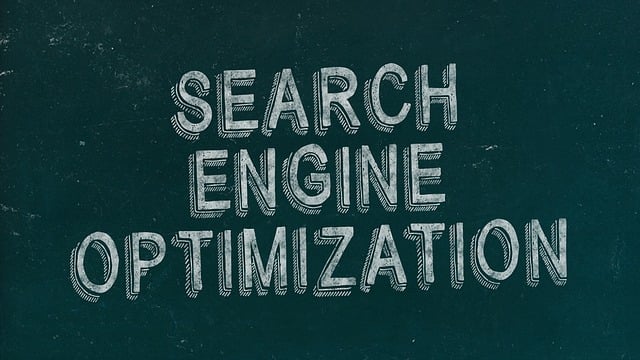Artificial Intelligence (AI) is transforming automotive service centers by automating routine tasks, enhancing productivity, and improving customer satisfaction. Through AI integration, businesses can leverage predictive maintenance, optimize inventory management, and make data-driven decisions. By collaborating with AI, technicians focus on complex repairs while AI handles scheduling, diagnostics, and customer service chatbots. Training employees to work alongside AI is crucial for successful implementation, ensuring staff understand AI capabilities and limitations to maximize efficiency gains. AI insights empower automotive business owners with strategic decisions based on vehicle diagnostics data, fostering growth and competitive advantage.
In today’s digital era, AI insights are transforming the automotive industry, especially service centers. This article delves into the revolutionary role of artificial intelligence, exploring how it can optimize operations and enhance customer experiences. We discuss implementing AI technologies, highlighting benefits and best practices for integration. Furthermore, we provide essential guidance on training employees to navigate an AI-integrated workshop effectively. For automotive business owners, these strategies offer a roadmap to stay ahead in a rapidly evolving landscape.
- Understanding AI's Role in Automotive Service Centers
- Implementing AI: Benefits and Best Practices
- Training Employees for an AI-Integrated Workshop
Understanding AI's Role in Automotive Service Centers

Artificial Intelligence (AI) is transforming various industries, and the automotive sector is no exception. For service centers, embracing AI offers a chance to streamline operations, enhance customer experience, and gain valuable insights. By leveraging AI technologies, businesses can automate repetitive tasks like scheduling appointments or managing inventory, allowing staff to focus on more complex issues. This efficiency boost leads to cost reduction and improved productivity.
AI also plays a pivotal role in predictive maintenance. Through data analysis, algorithms can anticipate vehicle issues before they occur, enabling proactive service. This not only saves time but also reduces unexpected breakdowns, enhancing customer satisfaction. Moreover, AI insights can help automotive business owners make informed decisions about inventory management, targeting specific parts and services based on historical data and trends, ultimately driving business growth.
Implementing AI: Benefits and Best Practices

Implementing Artificial Intelligence (AI) in automotive service centers offers a wealth of benefits, transforming traditional operations into efficient, data-driven processes. By leveraging AI insights for automotive business owners, centers can streamline scheduling and diagnostics, enhancing customer satisfaction and retention. AI algorithms can analyze historical vehicle maintenance records, predict potential issues, and recommend proactive solutions, reducing unexpected breakdowns and downtime.
Best practices involve integrating AI as a strategic tool rather than a mere replacement for human labor. This means training staff to work alongside AI systems, ensuring smooth collaboration. Utilizing AI for task automation, such as scheduling appointments or generating initial diagnostic reports, frees up technicians’ time for more complex repairs. Additionally, implementing AI-driven customer service chatbots can provide immediate assistance, answer common queries, and offer personalized recommendations, 24/7.
Training Employees for an AI-Integrated Workshop

Training employees to work alongside AI systems is a critical step in implementing AI-integrated workshops. Automotive service centers need to equip their staff with the necessary skills and knowledge to effectively utilize AI tools, ensuring smooth operations and maximizing efficiency gains. This training should cover understanding the capabilities and limitations of AI, as well as how to interpret and act upon its insights. By providing hands-on experience in data input, model calibration, and result analysis, businesses can ensure their employees feel confident in adopting new technologies.
AI insights for automotive business owners include teaching staff to recognize patterns and anomalies in vehicle diagnostics data that AI algorithms can detect. This empowers mechanics to make more informed decisions, enhancing diagnostic accuracy and service quality. Additionally, training should emphasize the importance of continuous learning as AI evolves, ensuring the workshop stays ahead of industry trends and maintains a competitive edge.
AI integration in automotive service centers offers a transformative opportunity for businesses to optimize operations, enhance efficiency, and deliver improved customer experiences. By leveraging AI technologies, from predictive maintenance to intelligent diagnostic tools, automotive service centers can stay competitive in an ever-evolving market. Implementing these innovations requires strategic planning and employee training to ensure seamless adoption. Following best practices and providing comprehensive training empowers automotive business owners to harness the full potential of AI insights, ultimately driving growth and success in a future-ready industry.
